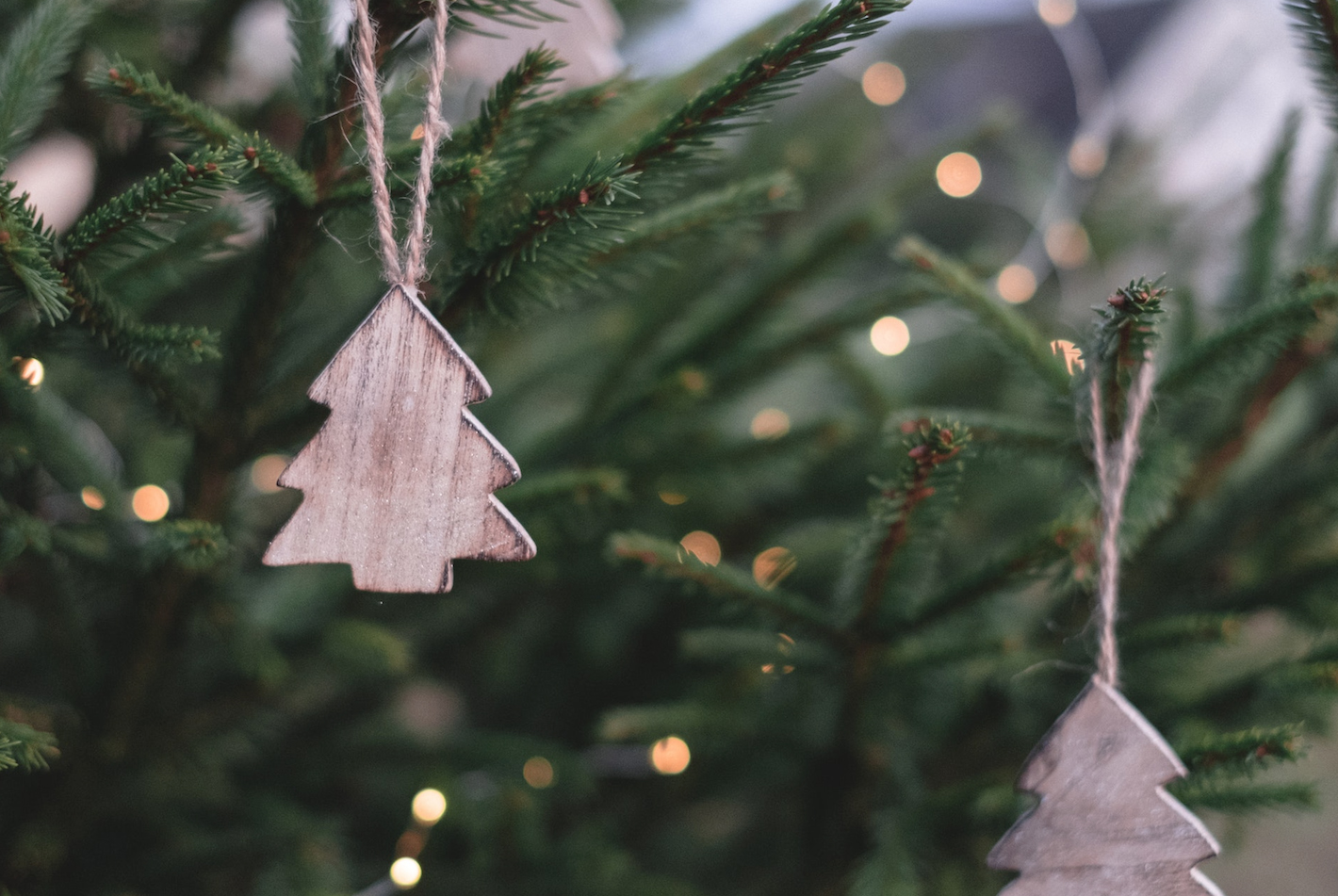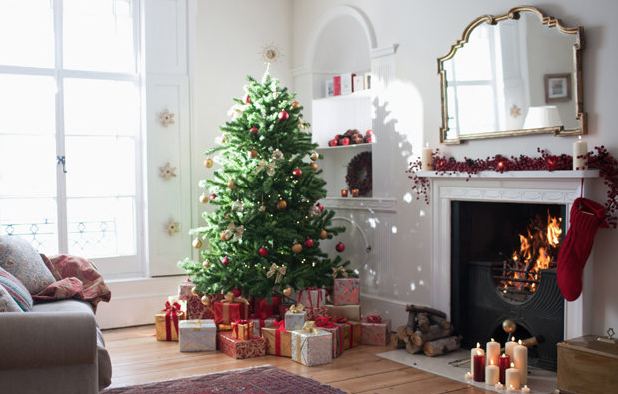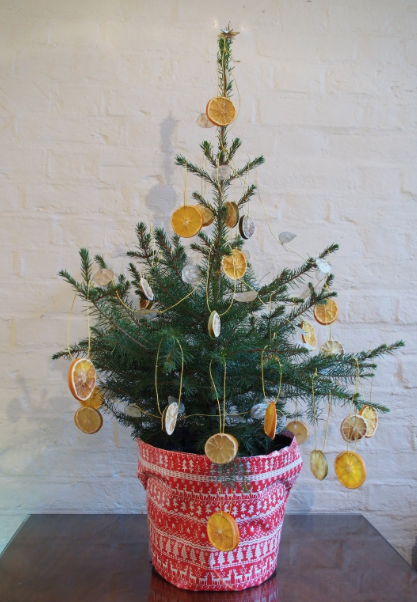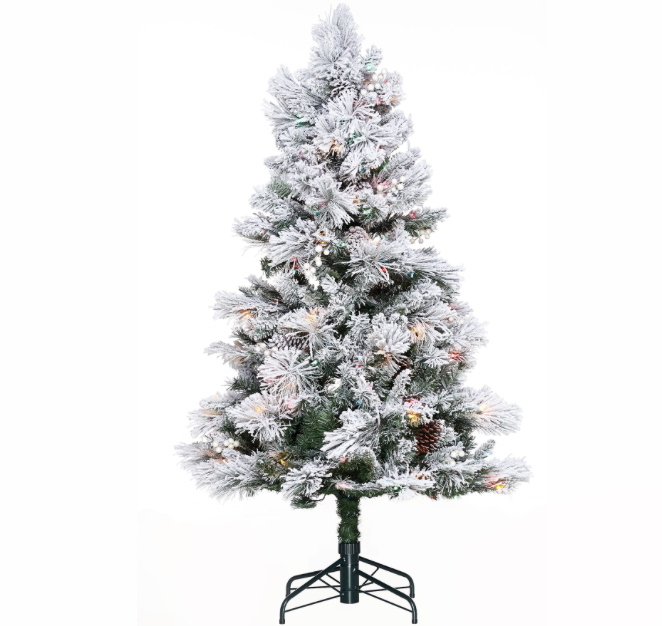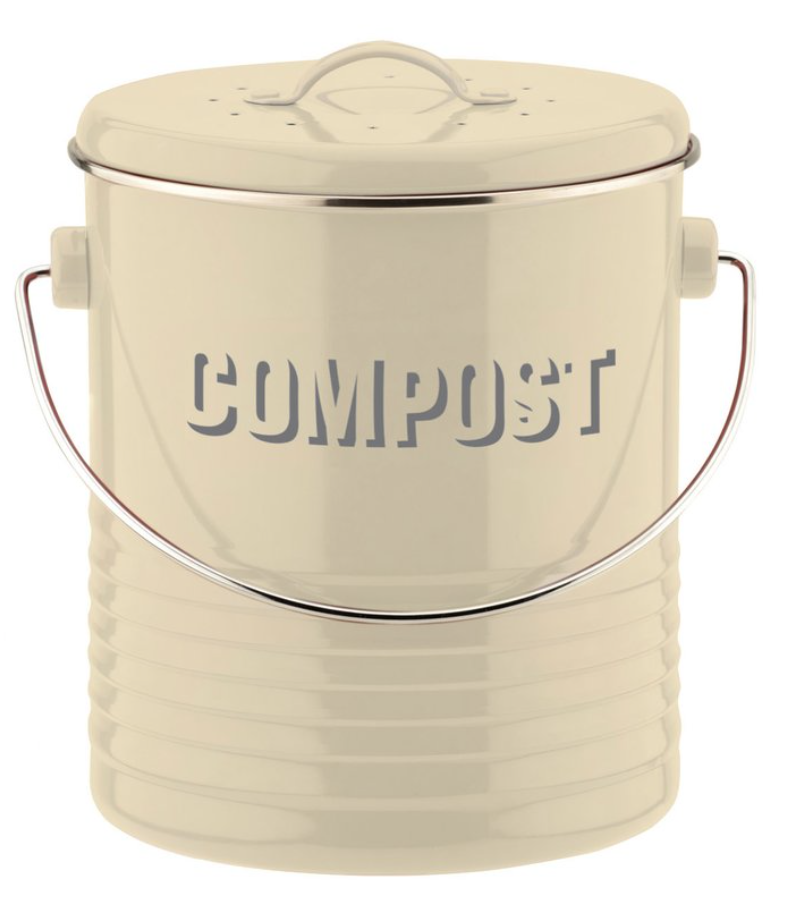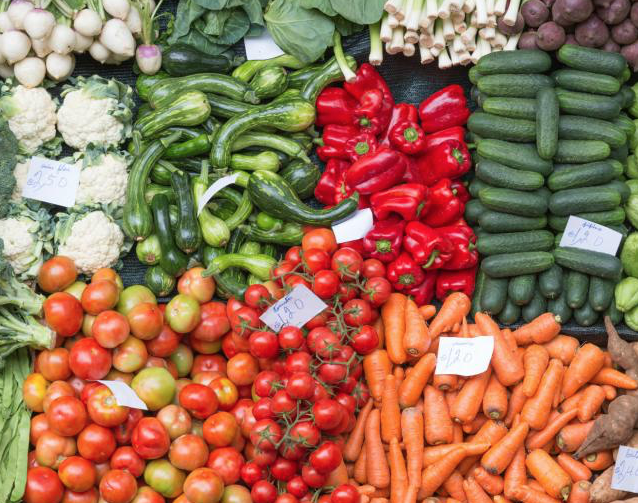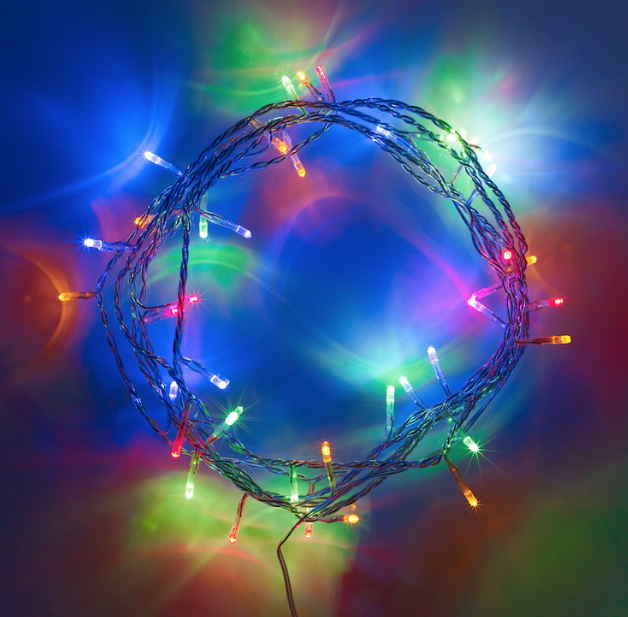Christmas - keep it eco, keep it simple!
With the cost of living crisis making life hard for so many of us, Christmas is a great opportunity to appreciate that less is more when it comes to gifts and decorations...is it not?! So get out the brown paper and the biodegradable glitter, don't buy more food than Bruce Bogtrotter could eat, and remember to compost ALL your peelings
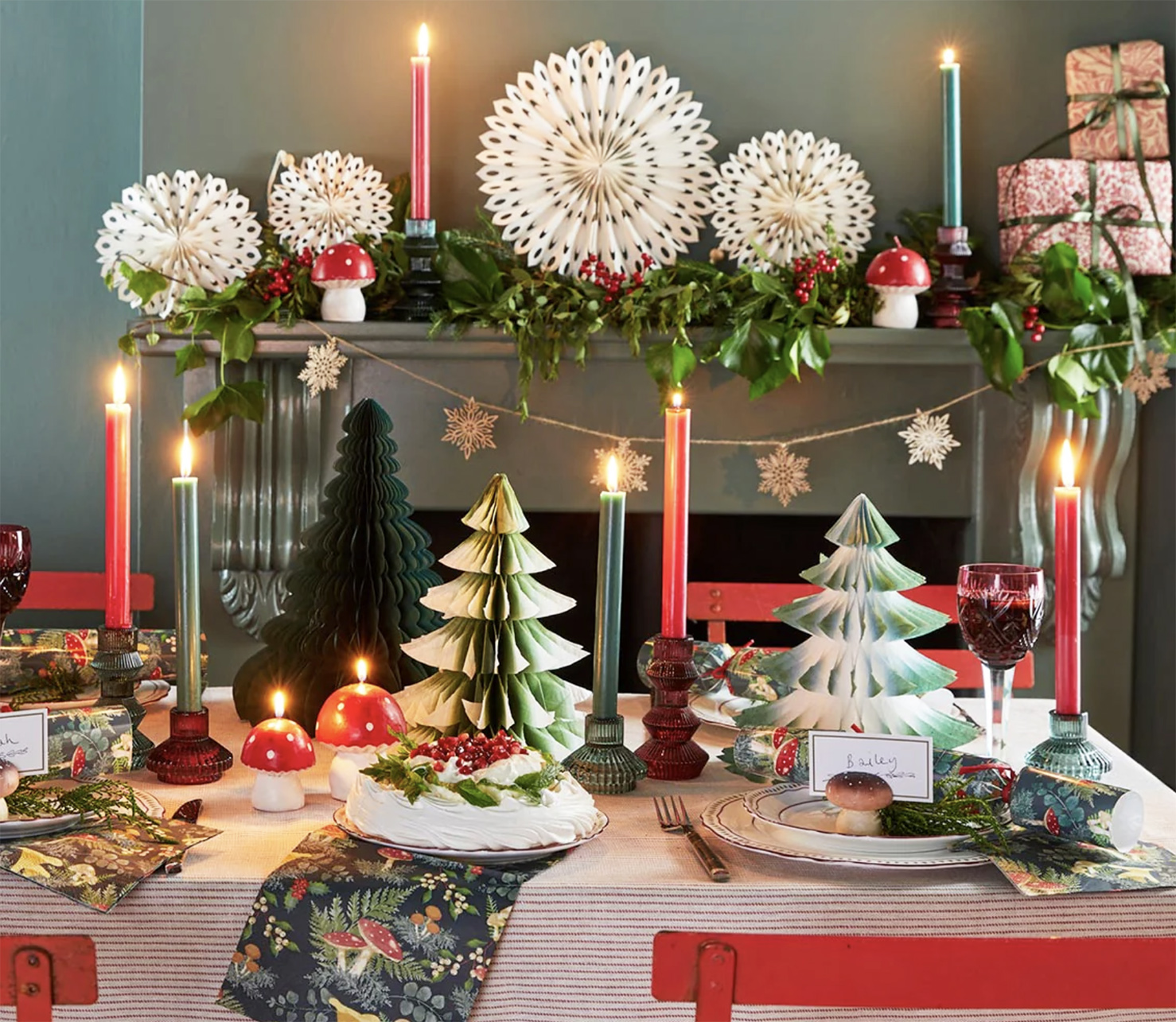
Christmas doesn't have to be miserably frugal, but we should bend over backwards not to generate waste that will end up in landfill sites. So we're being urged not to overbuy food, to compost food scraps, and to use wrapping paper that isn't covered with plastic or glitter because then it becomes unrecyclable. Think about potted real tree because you can use it again next year (small can be just as beautiful as a 7ft beast..) and when it comes to decorations, go for baubles made from wood, felt wool, cardboard or indeed glass...anything but plastic! Photograph courtesy of Talking Tables
